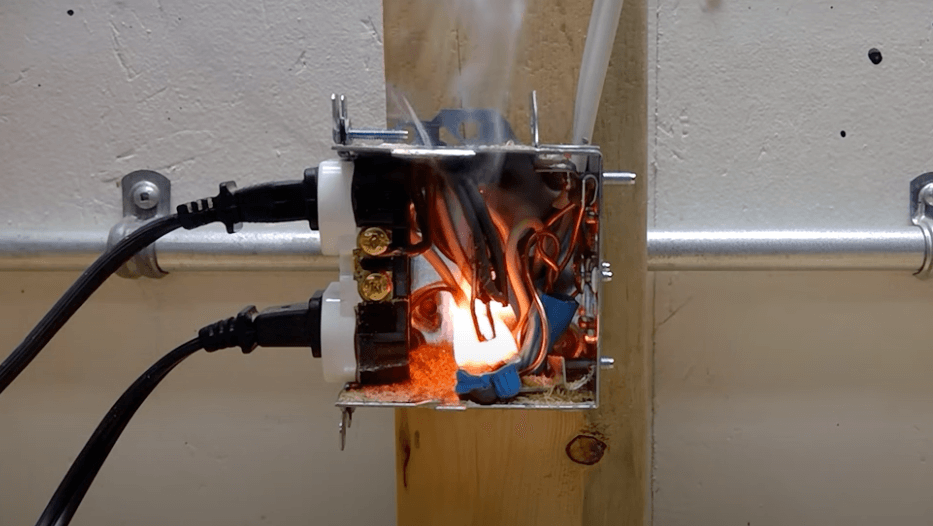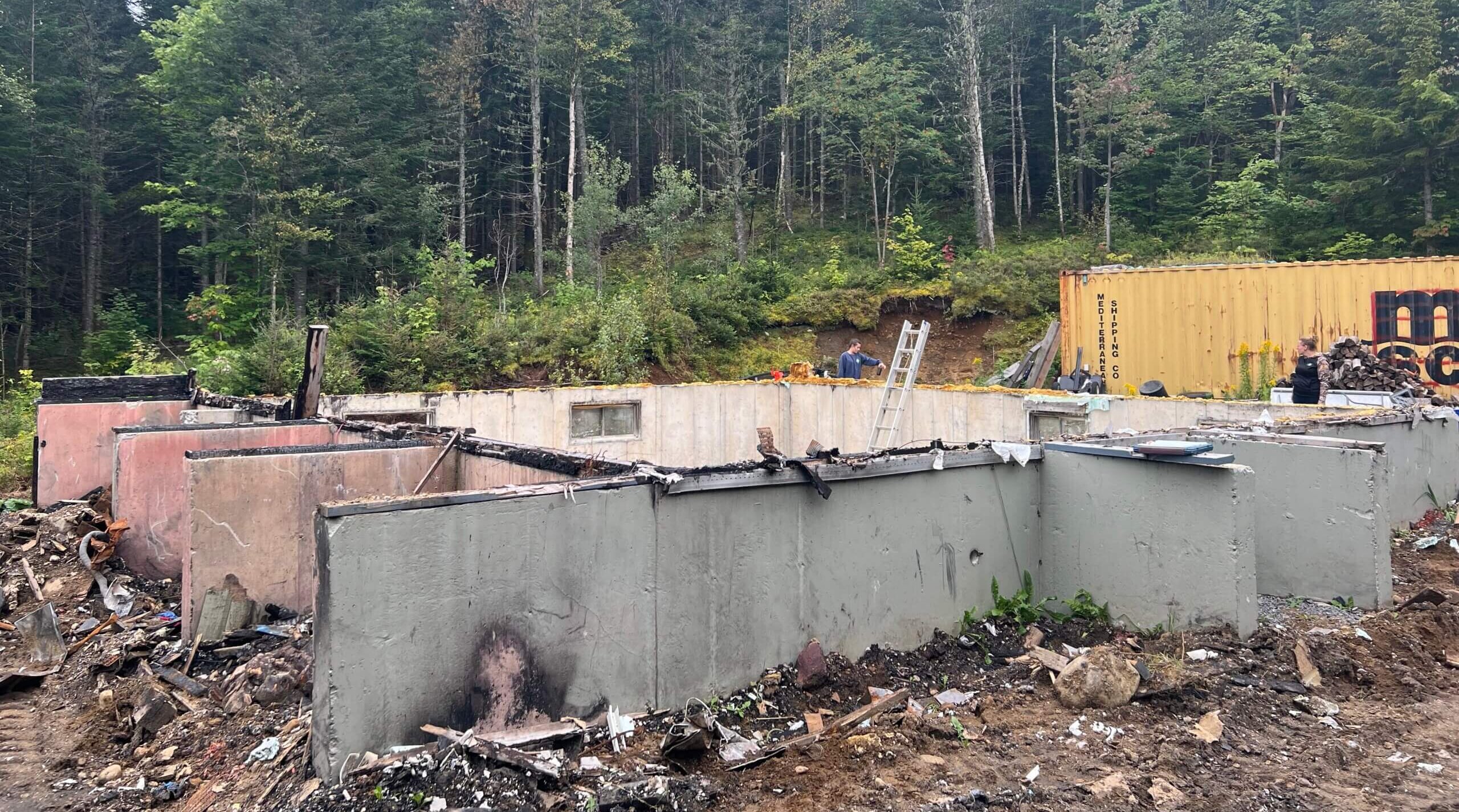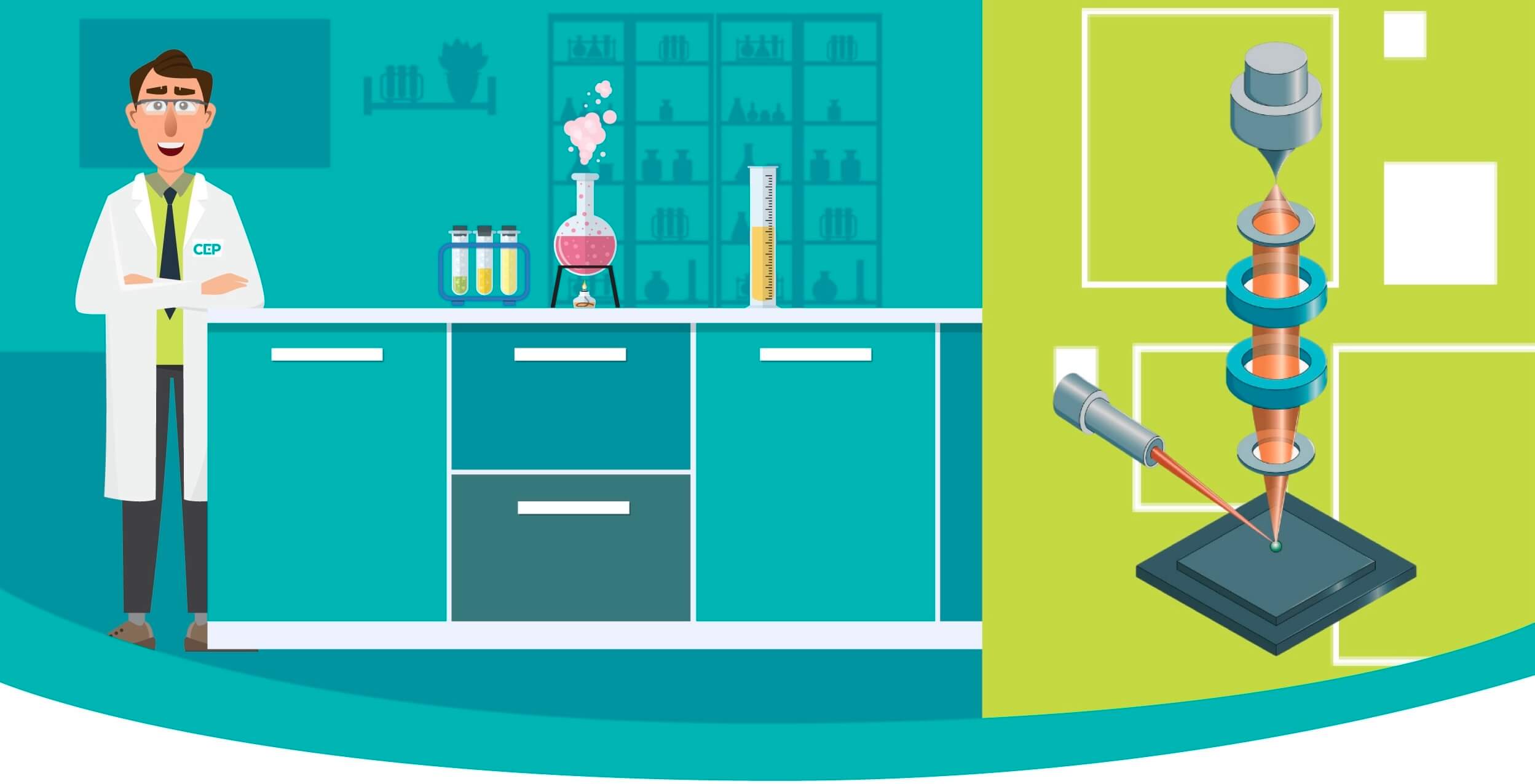Articles
Sleigh accident? CEP Forensic to the rescue of Santa Claus... and his presents!
Christmas Eve is just around the corner! That’s why Santa was eager to take his shiny new sleigh for a test run. After all, who better than Father Christmas himself to make sure it was ready for the big night? Once he harnessed his trusty reindeer and loaded the sleigh with gifts, he took off into the evening sky. Everything was going smoothly until — BAM! Out of nowhere, his sleigh hit a pole.
Failure Modes of Domestic Electric Heating Devices
Although generally reliable and safe, electric heating appliances used for residential heating, especially during prolonged cold spells, can experience failures that may lead to fires. In this technical article, our engineer discusses the most common failure modes encountered by forensic investigators when examining an electric heating device—or its remains—following an incident such as a fire. He also provides insight into heat transfer modes and concludes with practical tips to ensure occupant safety and comfort.
Foundations after a fire
When a property is subjected to intense heat resulting from a fire, typically, damages to the wood superstructure are easily identifiable, but what about the concrete foundation? In this technical article, our engineer provides an overview of these types of damages and explains how experts evaluate the structural integrity of a building’s foundations.
Wood in Construction: The Millennia-Old Material that Challenges Ingenuity!
Using wood to build is nothing new, it actually dates back to the Neolithic period with the sedentarization of populations. Since then, this material, often combined with others, has proven itself in construction. With its numerous environmental, economic, and aesthetic benefits, it is THE renewable component to consider in today’s context of sustainability and innovation. How about (re)discovering it through some unique characteristics and surprising facts?
CEP Forensic Acquires a State-of-the-Art SEM!
The benefits of having a Scanning Electron Microscope (SEM) in our laboratory enables us to conduct failure analyses of cases involving materials or mechanical devices. Until recently, we relied on universities for samples that required in depth state-of-the-art equipment for our high-magnification observations. With our new SEM, located in- our Montreal office, we are able to offer even more timely and cost-effective solutions to our clients.
Forensic Investigation Following a Suspicious Fire
When fires or explosions occur, forensic investigators play a crucial role in determining their cause. Our team gathers evidence by analyzing the scene and interviewing key stakeholders. Through knowledge and years of experience, our expert investigators can pinpoint the most likely cause, often without needing complex laboratory tests. However, when something unusual points to a potentially suspicious fire, the investigation becomes more complex.
Subscribe to our newsletter and never miss our news!






